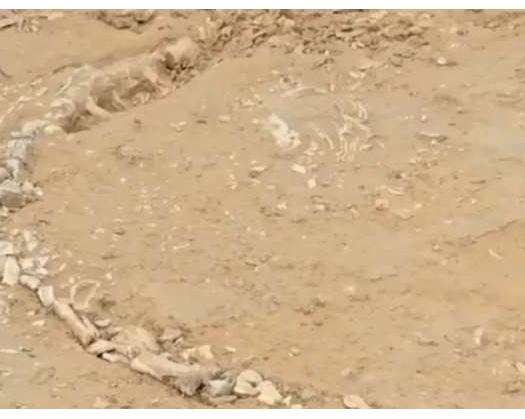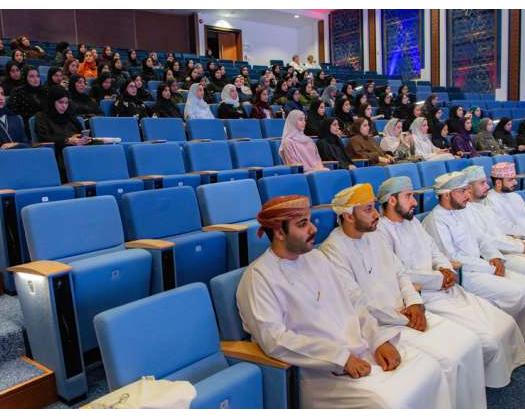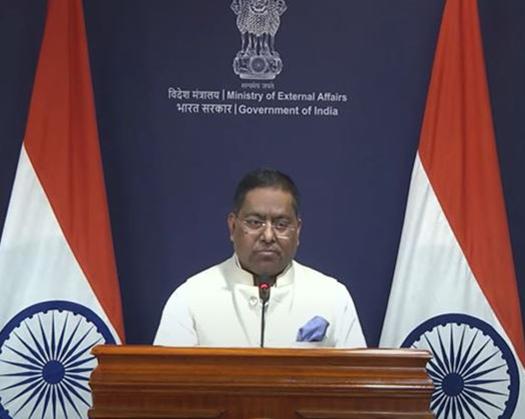In Rajasthan, India, scientists have discovered the fossilized remains of an unusual crocodile-like species from the Jurassic era.
The fossil, which is thought to be more than 200 million years old, is between 1. 5 and 2 meters long and has been identified as a phytosaur. Hydrogeologist Dr. Narayandas Inkhiya and his colleagues discovered it in Megha hamlet, Jaisalmer district, while excavating a lake that had been started after local inhabitants noticed strange bone structures.
The semi-aquatic phytosaur lived in both land and river settings and is an evolutionary ancestor to modern crocodiles, according to geoscientist CP Rajendran. The team also discovered a possible fossilized egg that might be from the same species. The discovery was described as a mid-sized phytosaur that most likely preyed on fish by senior paleontologist VS Parihar.
The finding location, which is thought to have additional noteworthy fossils, is located inside the dinosaur-rich Lathi formation.
The area's potential for fossil tourism and scientific investigation was highlighted by Dr. Inkhiya, who had earlier found a dinosaur egg in the area in 2023. The Geological Survey of India's discovery of India's earliest known herbivorous dinosaur in 2018 was one of the earlier significant paleontological findings.







